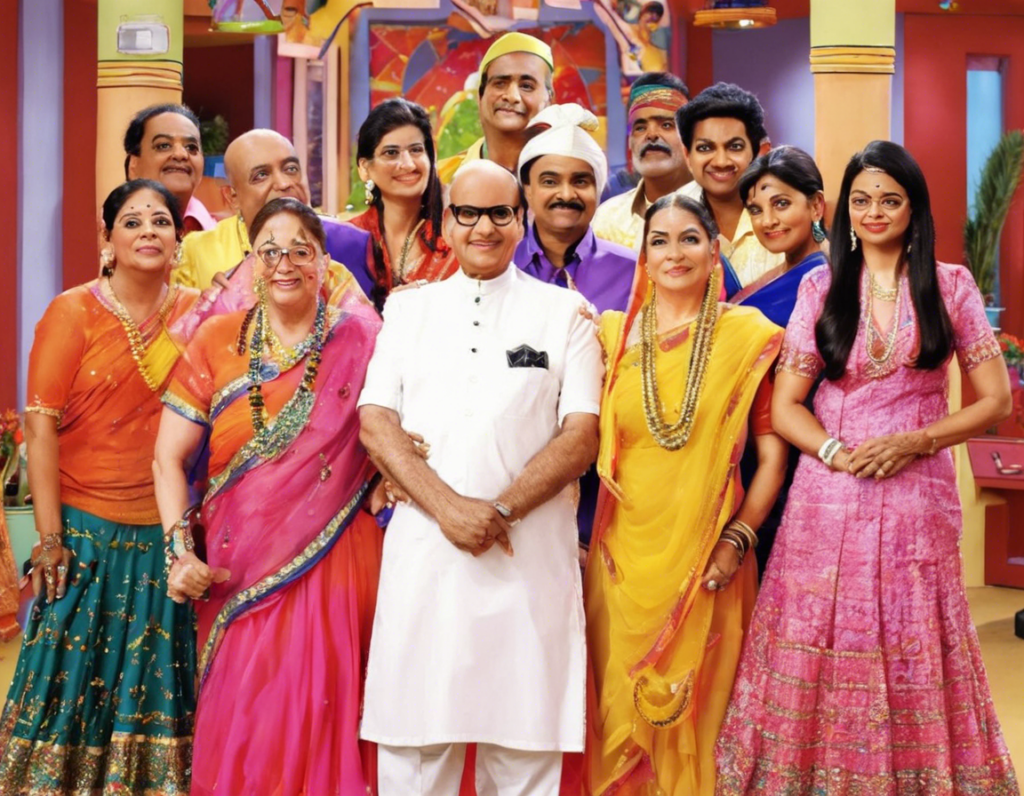In recent times, the popular Indian television show Taarak Mehta Ka Ooltah Chashmah has been at the center of controversy, with fans expressing their dissatisfaction and concerns, leading to a boycott movement gaining momentum. Let’s delve into the reasons why fans are actively choosing to boycott this long-running show.
Lack of Innovation and Repetitive Storylines
One of the primary reasons for the backlash against Taarak Mehta Ka Ooltah Chashmah is the repetitive nature of its storylines. Many fans have voiced their frustration over the lack of innovation and fresh content in the show. The episodes often revolve around similar plotlines, with little to no character development or evolution.
Overemphasis on Popularity
The show, which was once known for its humorous take on societal issues, has shifted its focus more towards maintaining popularity and TRP ratings. This shift has led to a decline in the quality of content, leaving fans disillusioned with the direction in which the show is heading.
Character Exits and Changes
The sudden exits of beloved characters and the introduction of new ones without proper justification have also irked fans. Character inconsistencies and the sidelining of fan-favorite actors have contributed to the discontent among viewers.
Lack of Social Relevance
Taarak Mehta Ka Ooltah Chashmah has been criticized for its failure to address current societal issues and for shying away from tackling relevant topics. In a time when audiences are increasingly seeking meaningful content, the show’s reluctance to engage with pressing issues has caused a disconnect with fans.
Decline in Humor and Quality
Another common grievance among fans is the dilution of humor and the decline in the overall quality of the show. The comedy, which was once a standout feature of Taarak Mehta Ka Ooltah Chashmah, has become predictable and stale, leading to a loss of interest among viewers.
Treatment of Female Characters
Fans have also pointed out the stereotypical portrayal of female characters in the show, highlighting regressive gender roles and lack of agency for women. The outdated representation of women has not resonated well with the audience, further fueling the boycott movement.
Disconnect with Reality
In an era where audiences are increasingly drawn to realistic and relatable content, Taarak Mehta Ka Ooltah Chashmah’s departure from real-world issues and its over-the-top sequences have alienated many viewers. The lack of authenticity in storytelling has contributed to the disconnect fans are feeling.
Frequently Asked Questions (FAQs)
1. Why are fans boycotting Taarak Mehta Ka Ooltah Chashmah?
Fans are boycotting the show due to reasons such as repetitive storylines, lack of innovation, character exits, decline in quality, and disconnect with social issues.
2. Is the show still popular despite the boycott movement?
While Taarak Mehta Ka Ooltah Chashmah still retains a loyal fan base, the boycott movement has had an impact on its viewership and overall reception.
3. Have the producers addressed the concerns of fans?
There has been limited response from the producers regarding the fans’ grievances, leading to further frustration among viewers.
4. Are there any plans to revamp the show in response to the boycott?
There have been speculations about a possible revamp of the show to address the concerns raised by fans, but concrete plans have not been announced yet.
5. How long has Taarak Mehta Ka Ooltah Chashmah been on air?
The show first premiered in 2008 and has been on air for over a decade, making it one of the longest-running Indian television series.
In conclusion, the boycott of Taarak Mehta Ka Ooltah Chashmah by fans reflects a larger shift in audience preferences towards more engaging, socially relevant, and innovative content. The show’s failure to adapt to these changing dynamics has led to a decline in viewership and a growing sense of discontent among its fan base. Whether the producers will address these concerns and initiate a course correction remains to be seen, but for now, the boycott stands as a testament to the power of audience feedback in shaping the future of television programming.
